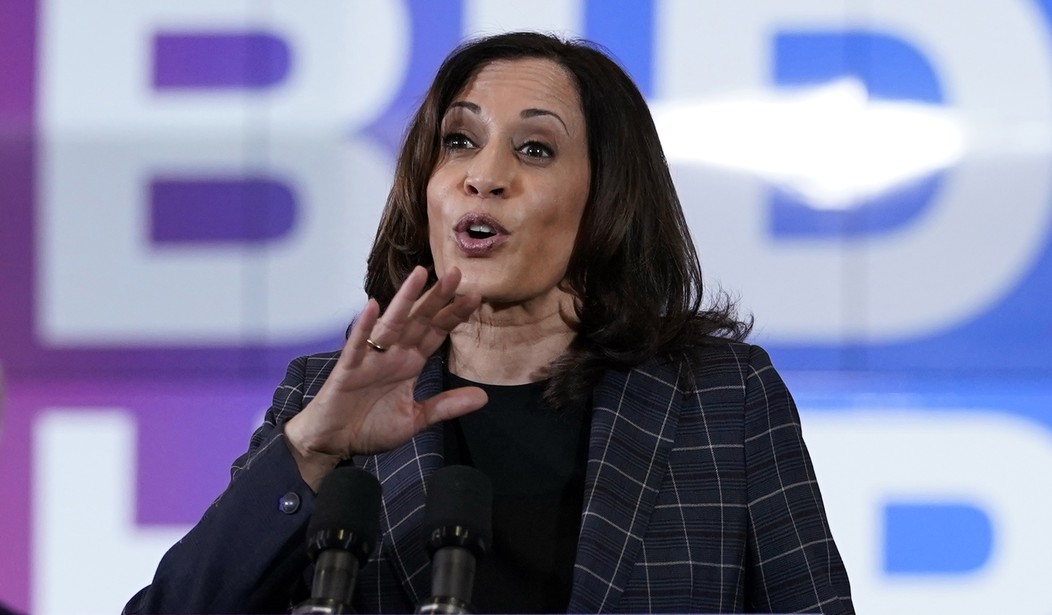Editor's note: This column was co-authored by Rev. Dean Nelson.
Kamala Harris has campaigned on the rights of Black Americans, saying, “we have been disproportionately harmed by President Donald Trump and the failures of his administration.” But her pre-campaign record says otherwise. Even The New York Times acknowledged that “she struggled to reconcile her calls for reform with her record on these same issues during a long career in law enforcement.”
During the course of her career, she has avoided taking action on urgently needed criminal justice reforms. As California’s attorney general, she rarely intervened in cases that involved police killings of Black Americans. And she has committed that grievous political sin of flip-flopping.
In her 2009 book, “Smart on Crime,” she advocated for more police on the streets, but she told The New York Times this year otherwise, begging the question: Is she willing to say whatever voters want to hear?
Then there is her 27-year record as a prosecutor, which saw overly harsh prosecutions of Black Americans. The U.S. has the world’s highest incarceration rate, with 2.3 million people in jail or prison, and most of those are African Americans. She has defended the three strikes law, which incarcerates Blacks 12 times more often than whites. She worked to uphold California’s death penalty. And, under Harris, prosecutors “unlawfully held back potentially exculpatory evidence” in a case that resulted in George Gage’s 70-year sentence at San Quentin on charges of sexual abuse. Gage is still in prison.
Then, she implemented a truancy law that penalized parents of truant children, punishable by up to a year in jail and a $2,500 fine. The result was disastrous. Instead of reforming the system, she exacerbated the factors that contribute to Black crime – poverty, incarceration and single-parent households.
Recommended
Harris has vowed to relieve mass incarceration and correct racial inequities in the justice system, but she herself has perpetuated them. Her biggest advantage among Black American voters is not what she has done, but the color of her skin.
The Trump administration has actually done more for Black Americans than either Kamala Harris or Joe Biden. In his first three years in office, Trump added 7 million jobs to the economy, and wages rose the fastest among low-income and black workers. Before COVID-19, the unemployment rates for African Americans were the lowest they have ever been. He has supported Historically Black Colleges and Universities (HBCUs), signing legislation that gave $255 million dollars of permanent annual funding and more than $100 million dollars for scholarships and research to HBCUs.
But his criminal justice reforms have had perhaps the most lasting and significant impact on the African American community. President Trump has promoted second-chance hiring, awarded $2.2 million to states to incentivize the hiring of former prisoners, and expanded an initiative that gave incarcerated men and women access to Pell Grants for education.
Since the First Step Act was signed into law in 2018, it has eliminated the “three strikes” life sentencing provision for some offenses, expanded rehabilitation programs, and expanded job opportunities for formerly incarcerated individuals. Within one year, more than 3,000 federal prisoners were released – 91% were Black.
Developing fair and just judicial, police, educational and employment systems in this country means basing judgment not on skin color, but on character and actions. This election, voters should do the same.
Timothy Head is executive director of Faith and Freedom Coalition. Rev. Dean Nelson is executive director of Human Coalition Action and Chairman of the Frederick Douglass Foundation.























Join the conversation as a VIP Member